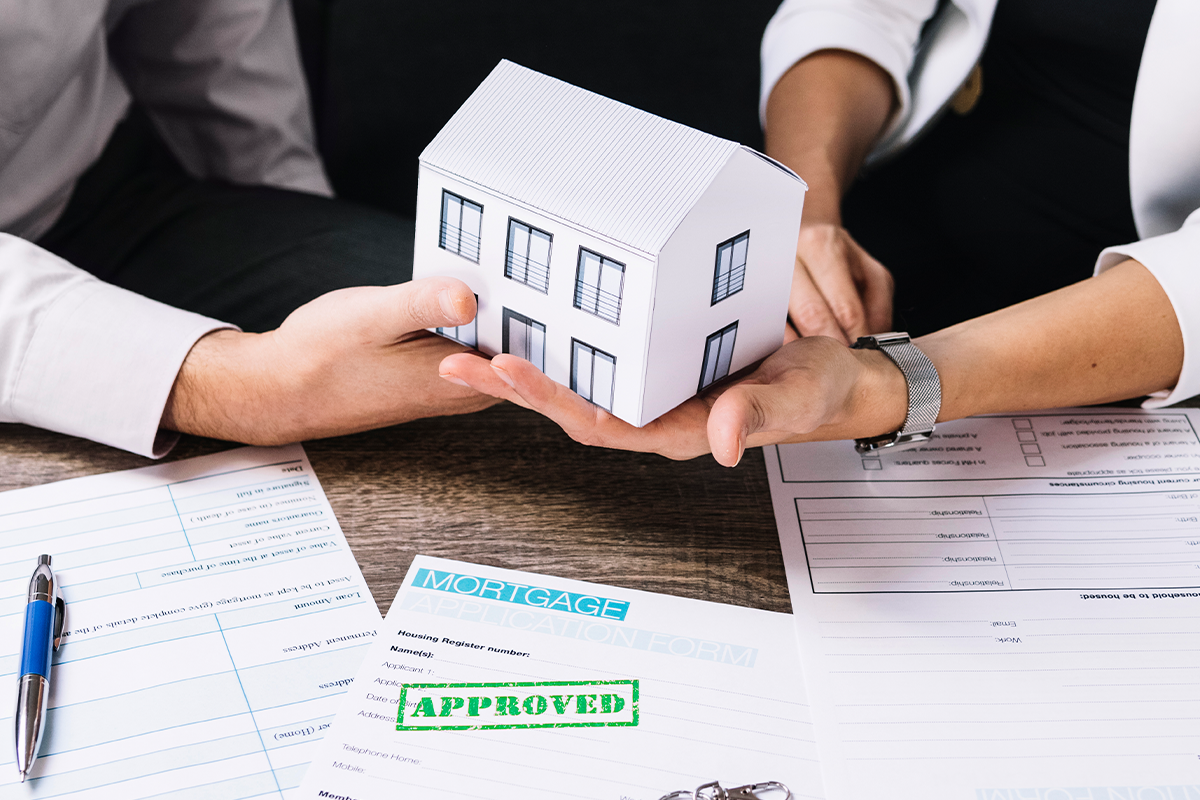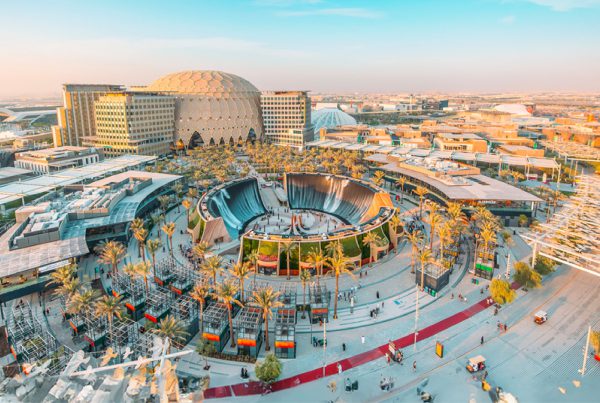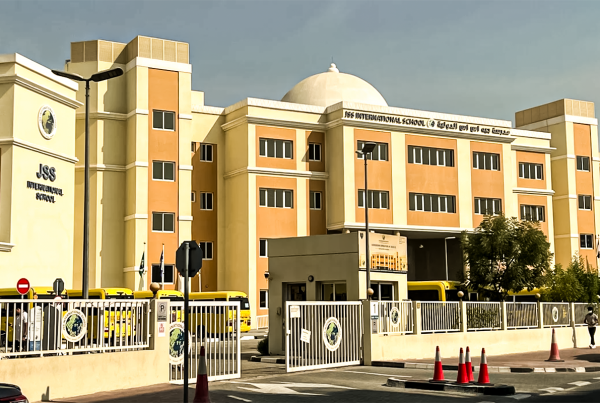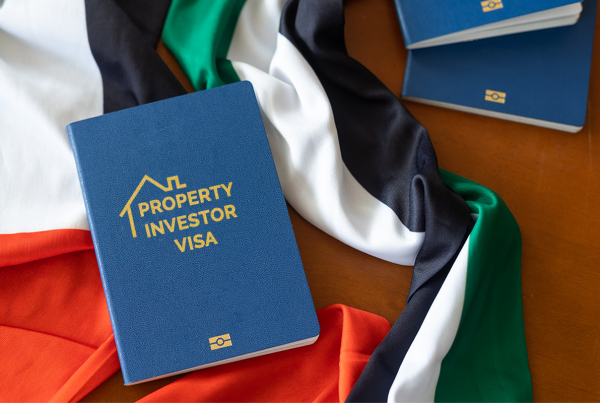Dubai’s dynamic real estate landscape has long been a magnet for global investors, including non-residents seeking to own a piece of this vibrant city.
Dubai, a city of towering skyscrapers, luxury lifestyles, and endless possibilities, is attracting international investors like never before. The real estate market in Dubai is booming, and non-residents are increasingly interested in owning a piece of this vibrant metropolis. But can non-residents obtain a mortgage in Dubai?
The answer is a resounding YES! Non-residents are eligible to apply for mortgages in Dubai and enjoy the benefits of property ownership. This opens up a world of opportunities for individuals and families seeking a second home, investment property, or a permanent residence in the UAE.
Eligibility for Non-Resident Mortgages
To qualify for a mortgage in Dubai for non-resident, one must meet specific eligibility criteria:
- Age: You must be at least 21 years old and not exceed the maximum age limit set by the bank (usually 65).
- Nationality: Nationals of most countries are eligible, though some restrictions may apply.
- Income: You must have a demonstrably stable income and meet the bank’s minimum income requirements.
- Employment: You must be employed with a reputable company or have a consistent source of income.
- Down Payment: You must be able to make a down payment, typically 20-30% of the property value.
- Credit History: You must have a good credit history with no outstanding debts or defaults
Understanding the Landscape: Foreigners Buying Property in UAE
Dubai has been a welcoming destination for expatriates and foreign investors, allowing them to own property in designated areas. The Dubai government has implemented initiatives to facilitate real estate ownership for non-residents, making it an attractive option for those looking to invest in a city known for its luxury and cosmopolitan lifestyle.
Mortgage in Dubai for Non-Residents: Eligibility Criteria
1. Valid Passport and Visa:
Non-residents looking to secure a mortgage in Dubai must have a valid passport and visa. The visa should be of a type that allows property ownership. Certain visa categories, such as the investor visa, offer eligible individuals the opportunity to invest in Dubai’s real estate market.
2. Proof of Income:
Lenders typically require non-residents to provide proof of income, such as salary certificates or business financial statements. This ensures that the borrower has a stable financial standing to meet mortgage payments.
3. Down Payment:
The down payment requirement for mortgage in Dubai for non-residents may vary, but it is a critical factor in the mortgage approval process. Typically, a down payment ranging from 20% to 35% of the property value is common.
4. Employment Stability:
Lenders assess the stability of a non-resident borrower’s employment or business. A consistent employment history or a successful business track record can positively impact the mortgage approval process.
Guide to Buy Property in Dubai: The Mortgage Process
1. Choose the Right Property:
Before diving into the mortgage process, it’s crucial to identify the property you wish to purchase. Consider your budget, preferences, and the location that aligns with your lifestyle.
2. Engage with Mortgage Advisors:
Seek advice from mortgage advisors who specialize in working with non-residents. They can guide you through the specific requirements and help you choose the most suitable mortgage option.
3. Documentation Submission:
Prepare and submit the necessary documentation, including your passport, visa, proof of income, and any additional documents required by the lender. The documentation process is a crucial step in the mortgage application.
4. Property Valuation:
Once your documentation is in order, the lender will conduct a valuation of the property to determine its market value. This step is essential for assessing the loan amount you are eligible for.
5. Mortgage Approval:
Upon successful documentation submission and property valuation, the lender will review your application and decide whether to approve the mortgage. If approved, terms and conditions will be communicated to you.
6. Signing the Mortgage Agreement:
Once the terms are agreed upon, you will sign the mortgage agreement. This legal document outlines the terms and conditions of the mortgage, including interest rates, repayment schedule, and any other relevant details.
7. Transfer of Property Ownership:
After securing the mortgage, the final step involves the transfer of property ownership. The property will be registered in your name, and you officially become the owner.
Mortgage Options for Non-Residents
Several types of mortgages In Dubai for Non-Residents:
- Fixed-rate mortgage: Offers a fixed interest rate throughout the loan term.
- Variable-rate mortgage: Offers a variable interest rate that fluctuates with market conditions.
- Islamic finance options: Sharia-compliant financing solutions are available for eligible residents.
Benefits of Buying Property in Dubai
There are numerous advantages to purchasing property in Dubai as a non-resident:
- Favorable tax environment: No income tax or capital gains tax on property sales.
- High rental yields: Attractive rental returns on your investment.
- Vibrant economy and stable currency: Booming economy with a stable currency, the Dirham.
- World-class infrastructure: Excellent infrastructure with modern amenities and facilities.
- Strategic location: Easy access to various parts of the world.
- High-quality lifestyle: Safe and secure environment with a cosmopolitan atmosphere and diverse cultural experiences.
Top Areas to Buy Affordable Properties in Dubai
1. Dubai Silicon Oasis:
Known for its tech-centric atmosphere, Dubai Silicon Oasis offers affordable housing options. You could uy and Apartment in Dubai Silicon Oasis or a villa in Dubai Silicon oasis, making it suitable for various budgets.
2. Dubai Sports City:
For sports enthusiasts, Dubai Sports City provides affordable properties and a range of sporting facilities. It’s an ideal location for those seeking an active lifestyle.You can consider to buy an apartment in Dubai Sports city if you are a sport enthusiast
3. Jumeirah Village Circle (JVC):
JVC is a growing community with reasonably priced apartments and villas. Its central location and family-friendly environment make it a popular choice to buy villas in Jumeirah Village Circle.
4. Dubai South:
Home to the Expo 2020 site, Dubai South offers affordable properties and is expected to see significant growth in the coming years. It’s an attractive option for investors looking for long-term appreciation.
5. International City:
International City is known for its diverse architectural styles inspired by various countries. This area affordable prices to buy apartments in International City and is well-suited for budget-conscious buyers.
Buying property in Dubai as a non-resident can be a rewarding experience. By understanding the mortgage options, eligibility requirements, and available properties, you can make an informed decision and invest in your future in this dynamic city.
Lets Summarize :
Navigating the process of obtaining a mortgage in Dubai as a non-resident may seem complex, but with the right guidance and understanding, it becomes an achievable goal. Dubai’s real estate market offers a diverse range of properties in various price ranges, providing opportunities for non-residents to invest in this global city. By following the eligibility criteria, understanding the mortgage process, and exploring affordable areas like Dubai Silicon Oasis, Dubai Sports City, Jumeirah Village Circle, Dubai South, and International City, non-residents can confidently pursue their dream of owning property in Dubai.
Ready to start your journey to owning property in Dubai? Browse our website to discover a wide range of properties for sale in prime locations across Dubai. Contact us today to speak to our expert team and find your dream home in Dubai!
Please note that this blog provides general information and should not be considered financial advice. Always consult with a qualified financial advisor before making any investment decisions










